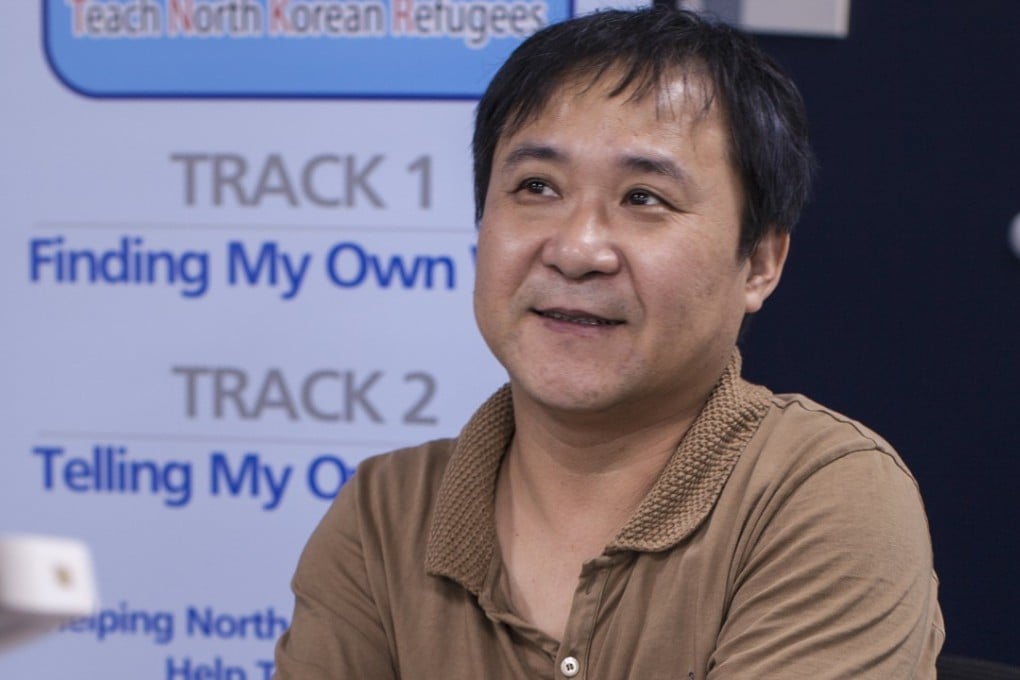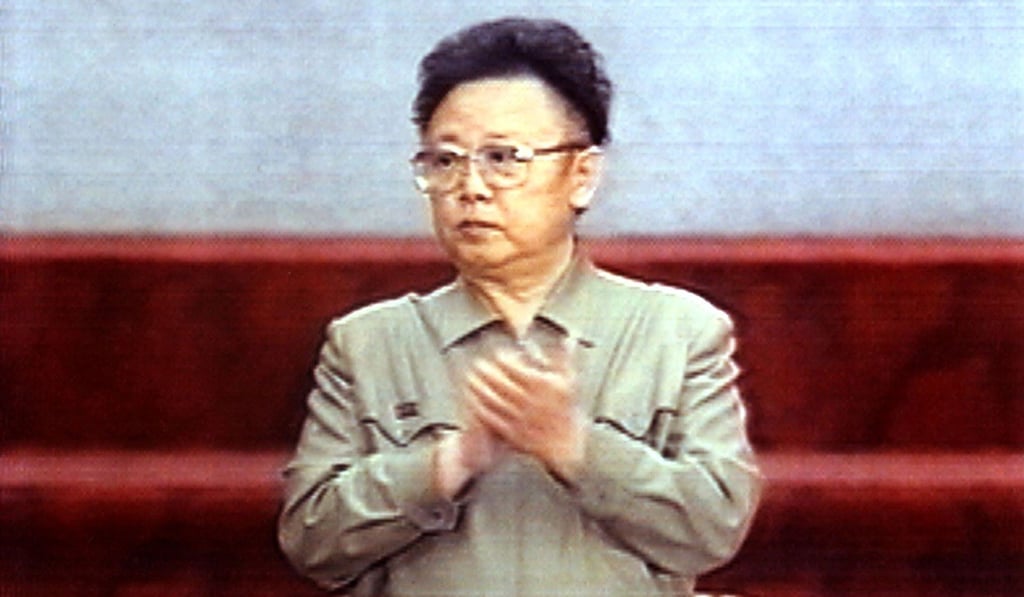Escape from North Korea: how Kim Jong-il’s favourite poet propagandist fled the regime
Jang Jin-sung, who now lives in South Korea, recalls how after meeting the Dear Leader he realised that he was not the God most North Koreans believed him to be

The poet propagandist I began working in the poetry section in the United Front Department (UFD) of the Workers’ Party of Korea in August 1988. At first I was startled at the immense access to South Korean literature, newspapers and other foreign published materials. Anywhere else in North Korea these would be considered treason, but here, I had to pretend I was in Seoul, when in reality it was just an office in Pyongyang.
Under the pseudonym Kim Kyong-min I wrote propaganda and ideological poems in praise of the North Korean government, its society and its system, but in the way a South Korean poet would, in language and tone.
When I was only 28, one of my poems (Spring Rests on the Gun Barrel of the Lord, inspired by the 1980 Gwangju uprising in South Korea) was so widely celebrated for its content and praise of our leader that I was included as one of the six poet laureates of North Korea permitted to write poems about our General Kim Jong-il. This is how I became one of his “admitted” (a privilege that confers immunity from investigation and prosecution).
As we all cheered and chanted ‘manse’, [Dear Leader] entered with his pet dog. He ignored us completely, ignored our loyal chants and just focused on his dog. I mean, the other senior party executives and me, we were reduced to a status lower than a dog
A call in the night Late one night, in May 1999, the phone rang and I was issued an “extraordinary summons”. This normally refers to mobilisation of troops, especially when South Korea and the USA conduct joint military drills. Alarmingly, it can also mean a secret purge, especially of high-ranking cadres. However, I was ordered to wear a suit, which most likely meant that I was to meet General Kim Jong-il, our Dear Leader. This is a momentous moment for any North Korean. I was put in a van, then a special train and finally a boat before arriving at a secret island.

Meeting dear leader Before shaking hands with our Dear Leader, it was mandatory to clean them and I was also firmly instructed not to look into his eyes. It remains an unforgettable memory. As we all cheered and chanted “manse” (hooray), he entered with his pet dog. He ignored us completely, ignored our loyal chants and just focused on his dog. I mean, the other senior party executives and me, we were reduced to a status lower than a dog. And later, over dinner, when I looked at him closely, when I heard him speaking and saw his actions, I was shocked because they were totally different to the deified image that is generally portrayed in public media. You see, from primary school and in our textbooks, we were brainwashed into thinking that he was God. But after meeting him, I realised that he was just a normal person.